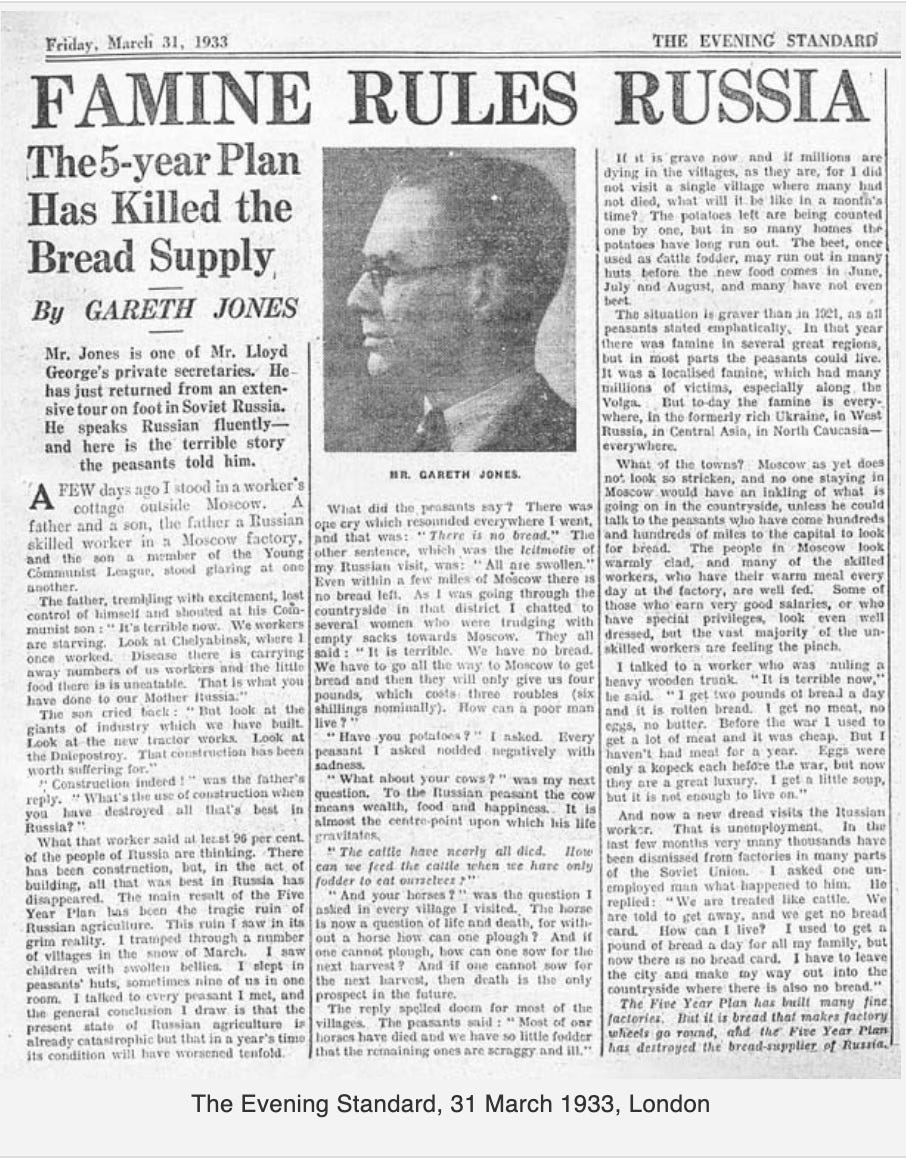Chapter 7
The Purges
“When they had finished their confession the dogs promptly tore their throats out, and in a terrible voice Napoleon demanded whether any other animal had anything to confess.”
Purge: remove (a group of people considered undesirable) from an organization or place in an abrupt or violent way.
Confessions
Following the confession of the pigs, three hens, then a goose and then two sheep ‘voluntarily’ come forward with their own confessions. They are executed on the spot.
Why would they ‘voluntarily’ confess after seeing the dogs rip out the throats of the pigs?
Please post your thoughts in the comments below. Thank you.
Extra: The Great Purge (or Terror)
The Great Terror of 1937, also known as the Great Purge, was a brutal political campaign led by Soviet dictator Joseph Stalin to eliminate dissenting members of the Communist Party and anyone else he considered a threat. Although estimates vary, most experts believe at least 750,000 people were executed during the Great Terror, which started around 1936 and ended in 1938. More than a million survivors were sent to forced labour camps, known as Gulags. This ruthless and bloody operation caused rampant terror throughout the Soviet Union and impacted the country for many years.
Stalin’s Purges and Show Trials
Extra: Potemkin Villages
Mr Whymper’s visit: witnesses increased rations and full food bins.
Potemkin villages: “Model” villages were used by the Soviets for duping foreign visitors touring the USSR into believing that all was well. A showcase Potemkin village could be set up with items and food brought in for the occasion, making the village look prosperous. Destitute villagers were removed and replaced by well-fed and loyal party members and/or performing artists. In short, these Potemkin villages were a façade. Touring westerners were taken in and reported this false reality to the world. Once the western audience left, all these goods and brought-in food were removed.
Extra: Letter from visitors to Potemkin Villages
“We the undersigned are recent visitors to the USSR. Some of us travelled throughout the greater part of its civilized territory. We desire to record that we saw nowhere evidence of such economic slavery, privation, unemployment and cynical despair of betterment as are accepted as inevitable and ignored by the press as having “no news value” in our own countries.”
Letter to the Manchester Guardian, 1933
Extract from letter signed by George Bernard Shaw and others
Extra: Gareth Jones, a Welsh journalist, strove to expose the truth about the famine in the Ukraine (then essentially part of the USSR).
Gareth Jones, journalist who wrote of famine
Extra: Walter Duranty
A journalist accused of knowing about the famine but covering it up as he enjoyed privileges and prestige from Stalin.
“Privately, a British diplomat recorded in September 1933 that Duranty had acknowledged to him that "as many as 10 million people may have died directly or indirectly from lack of food in the past year." Such an assessment never appeared in public.”


